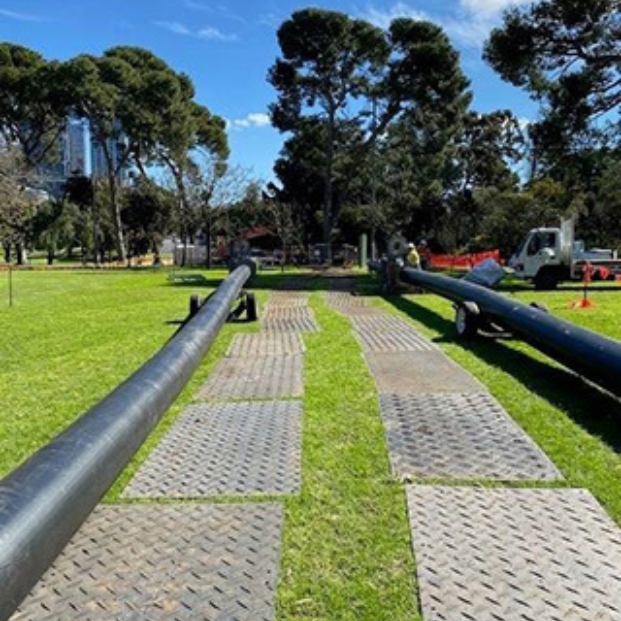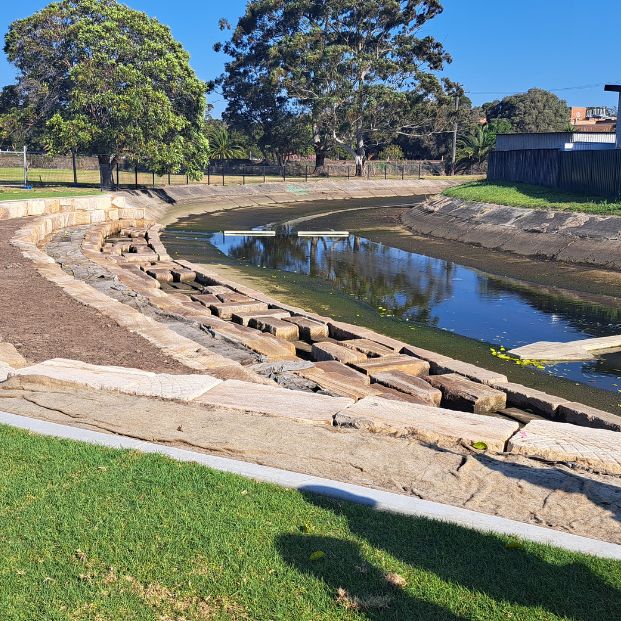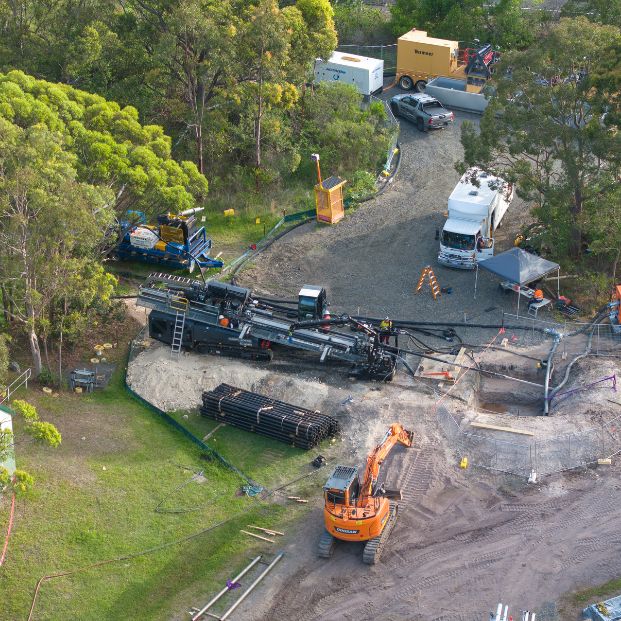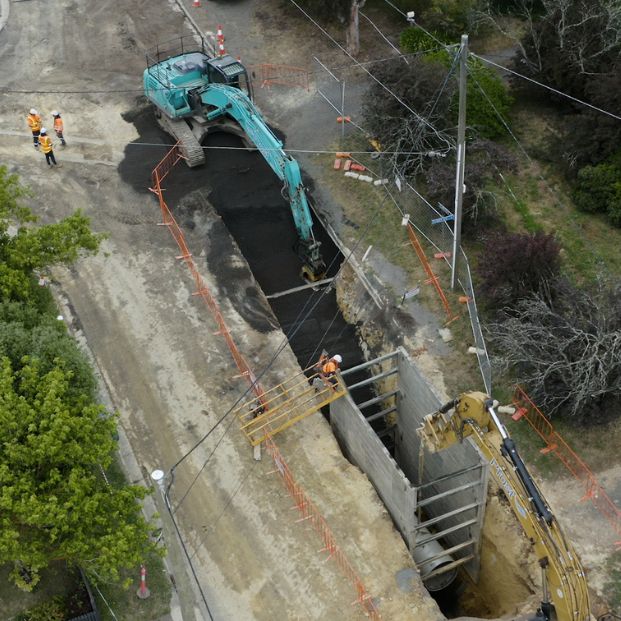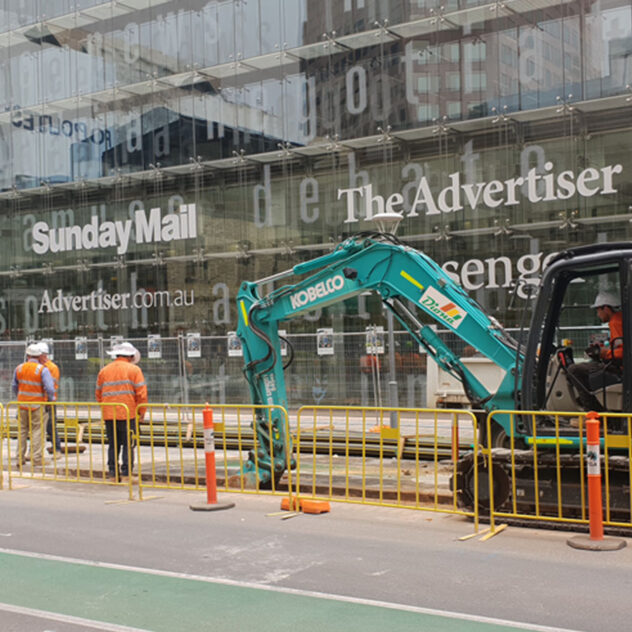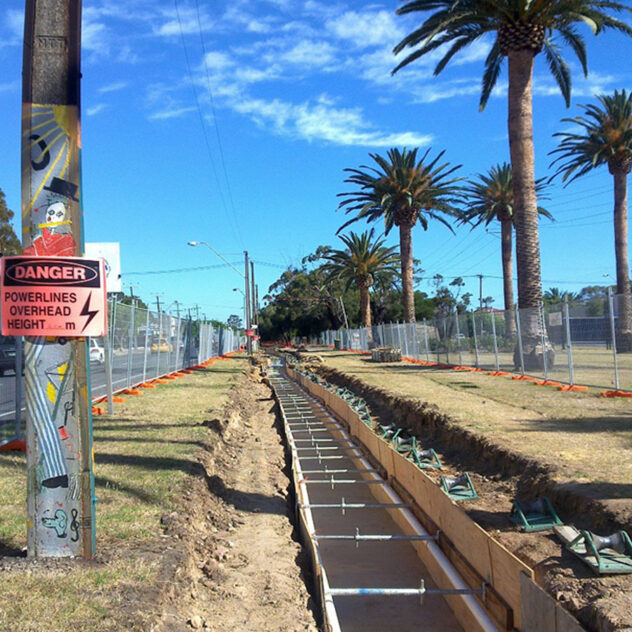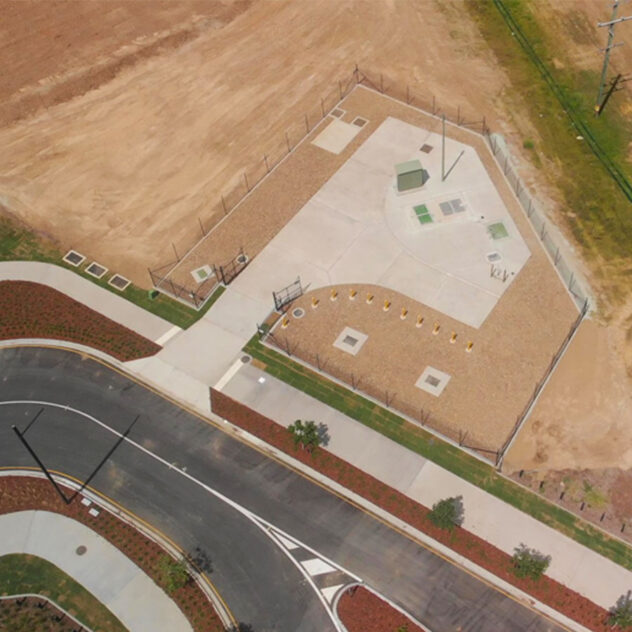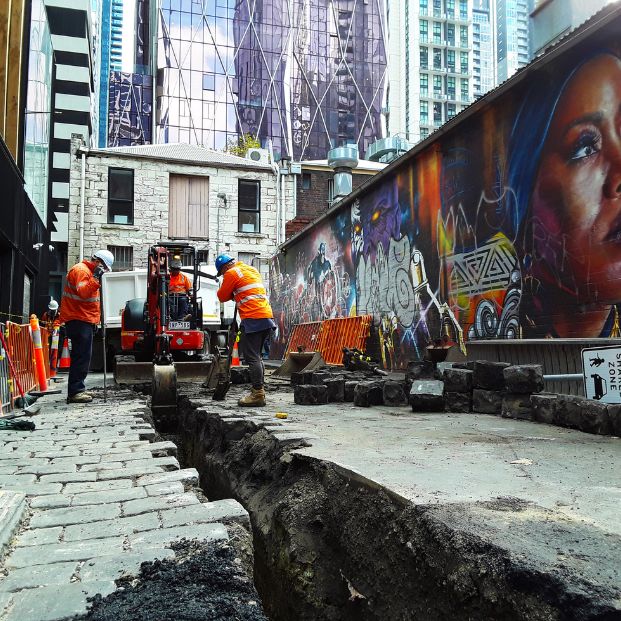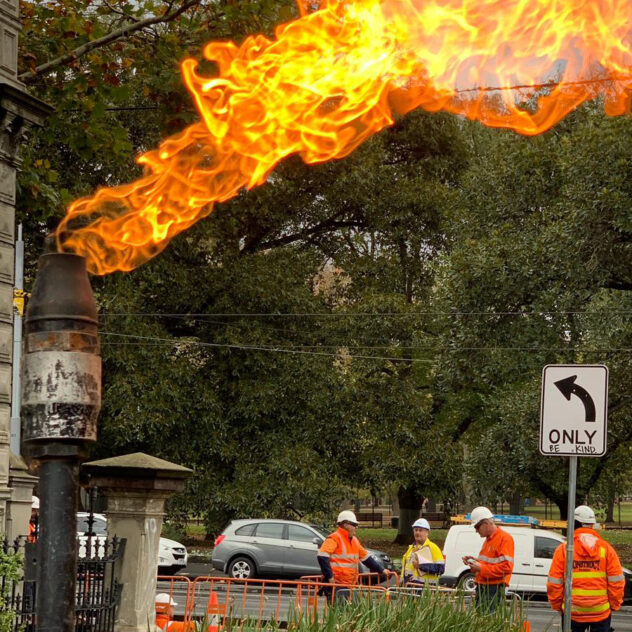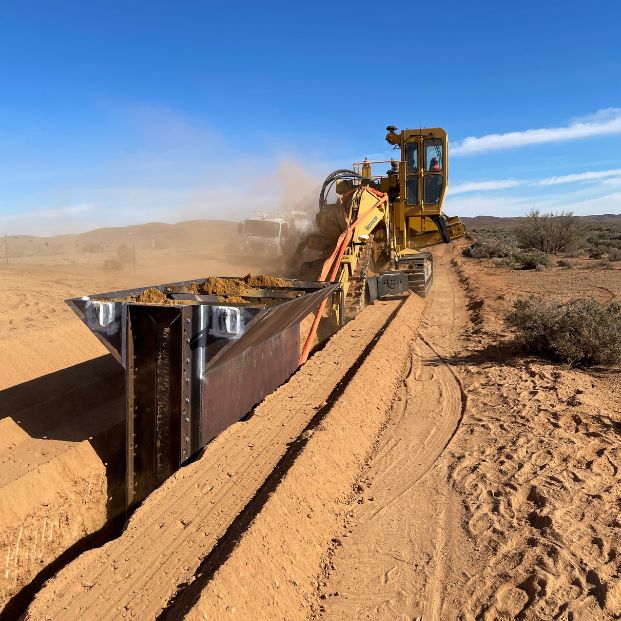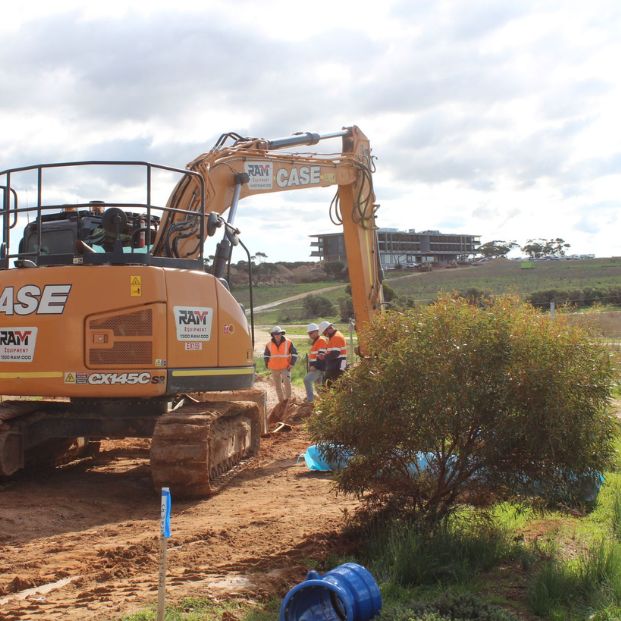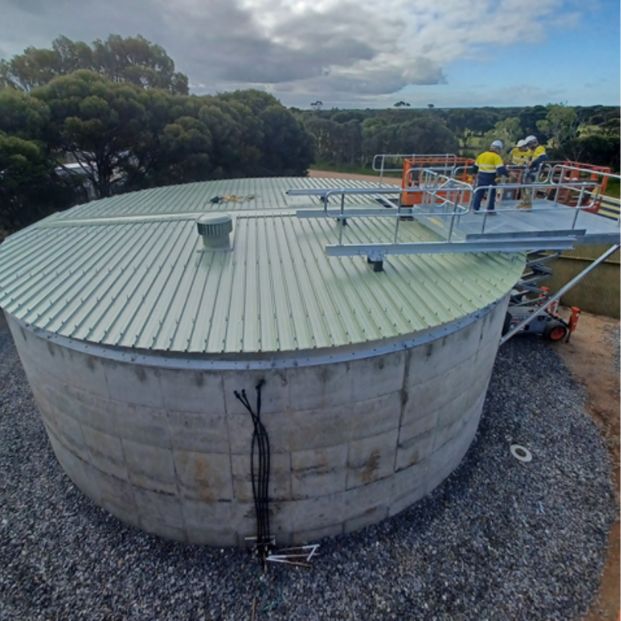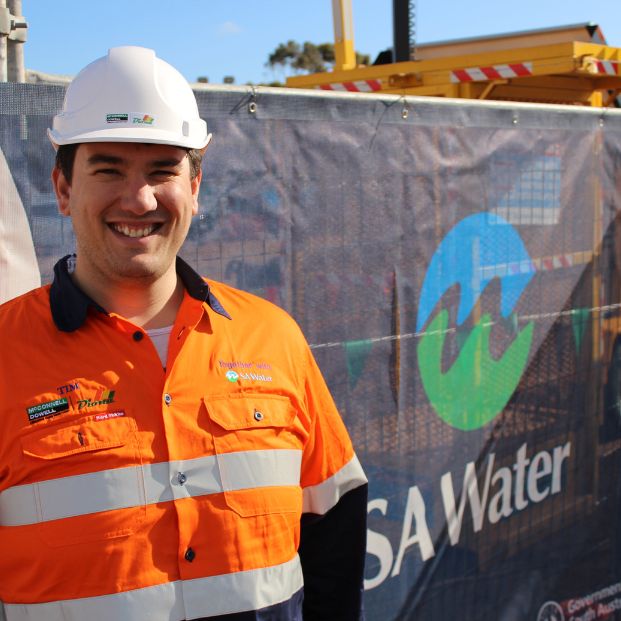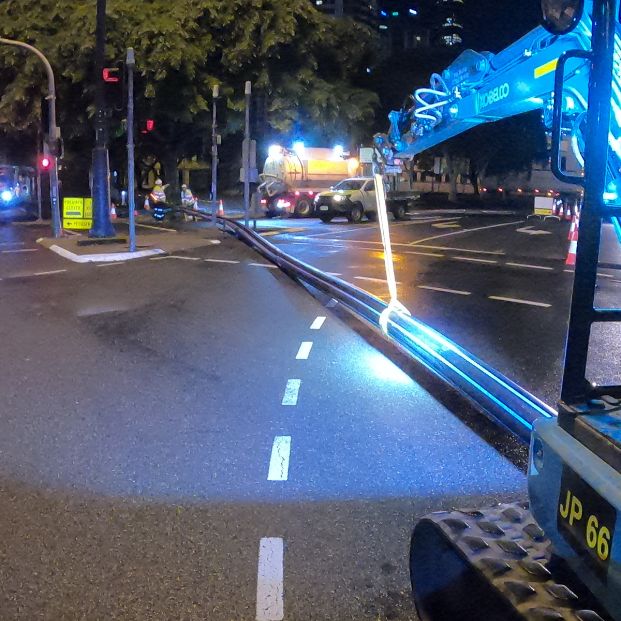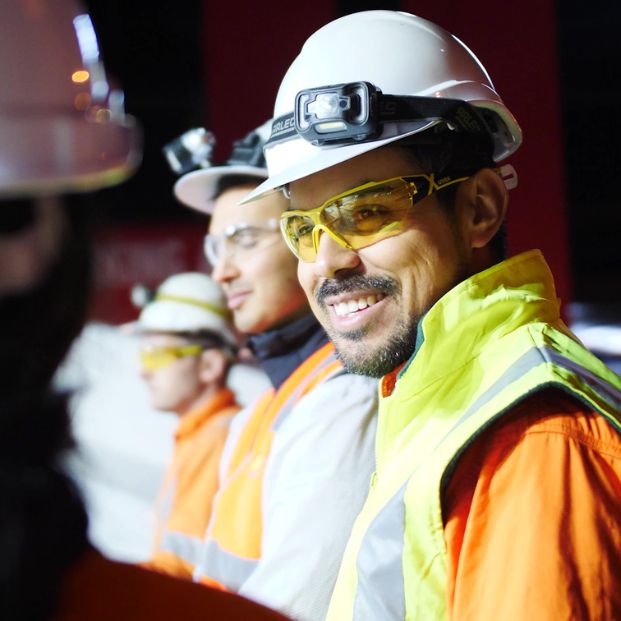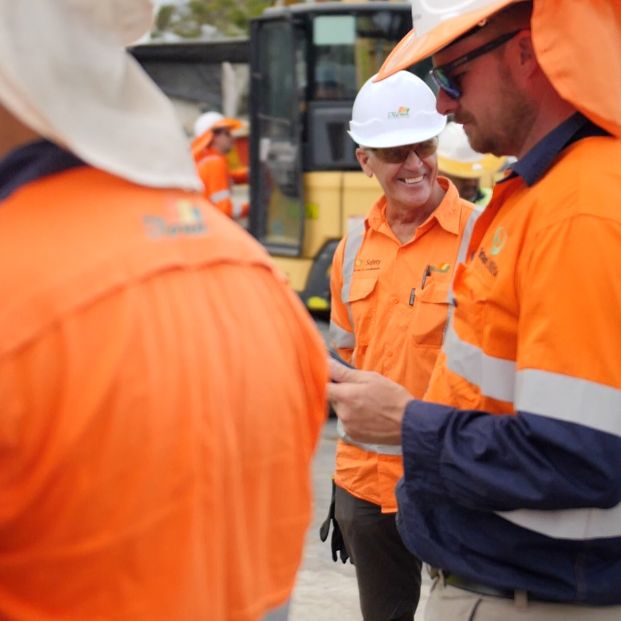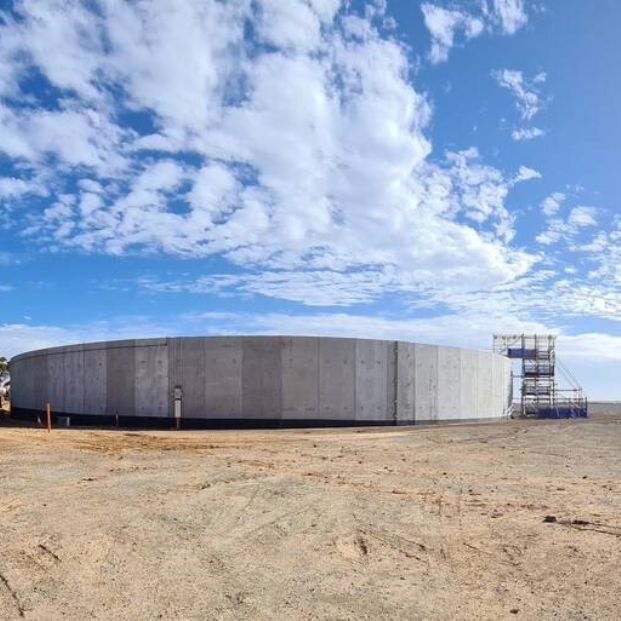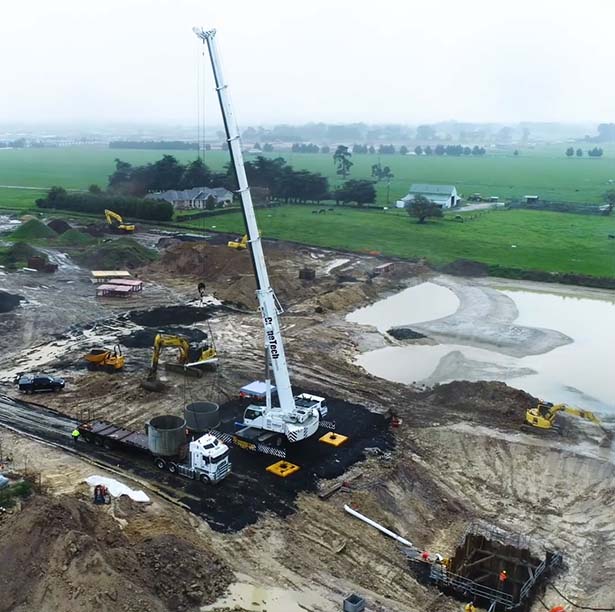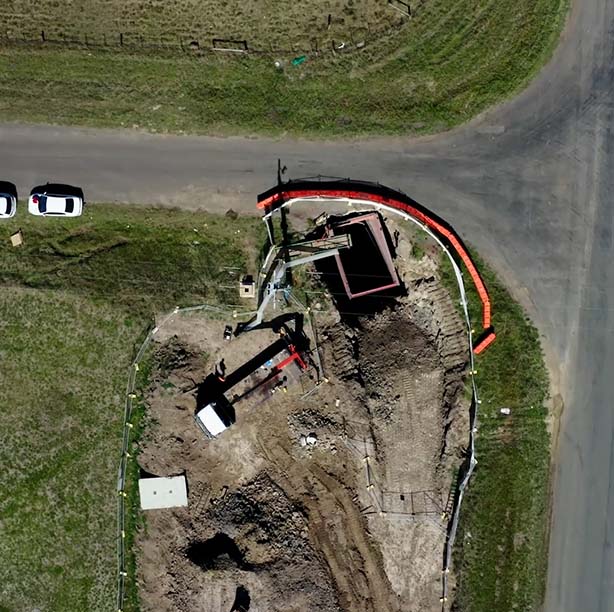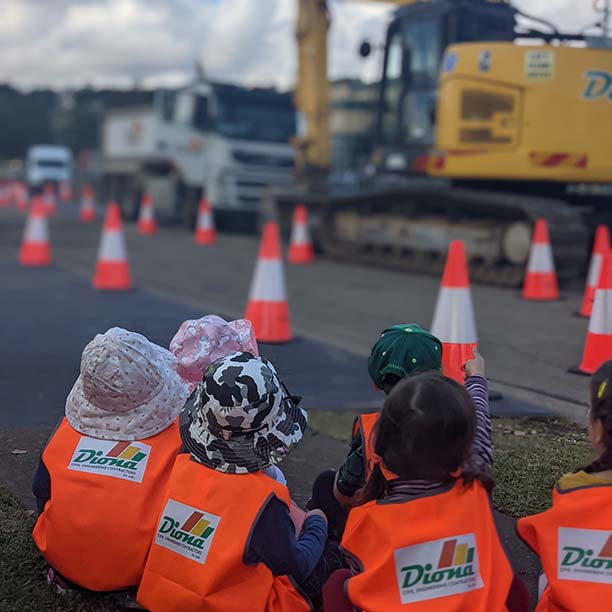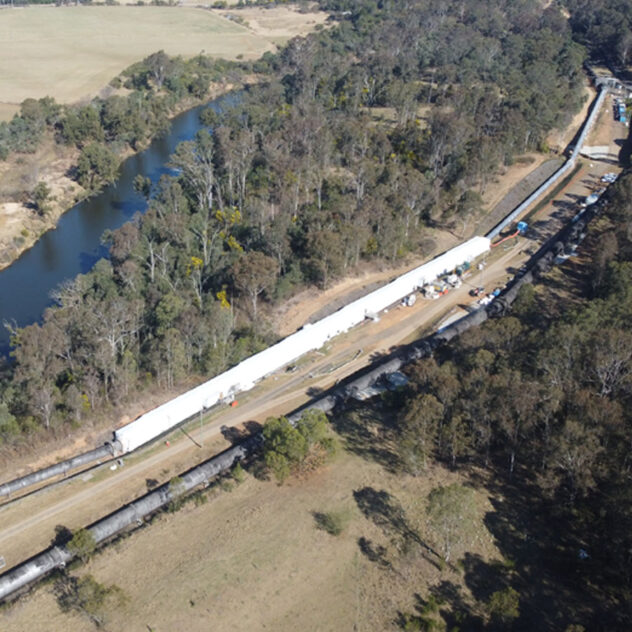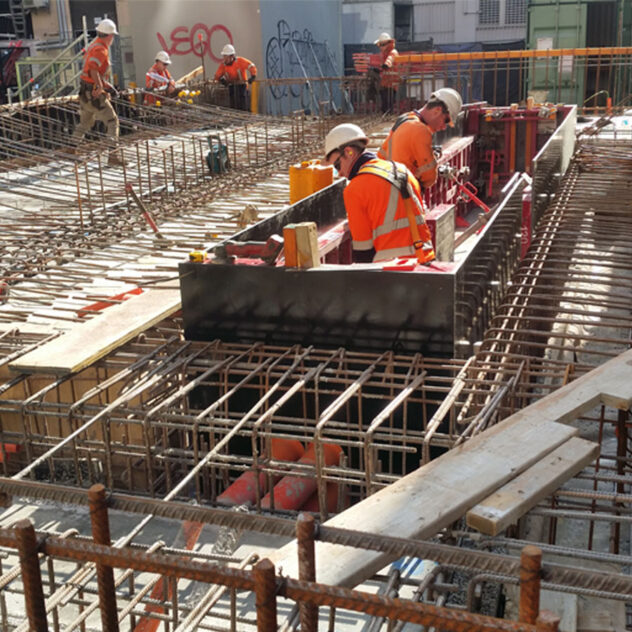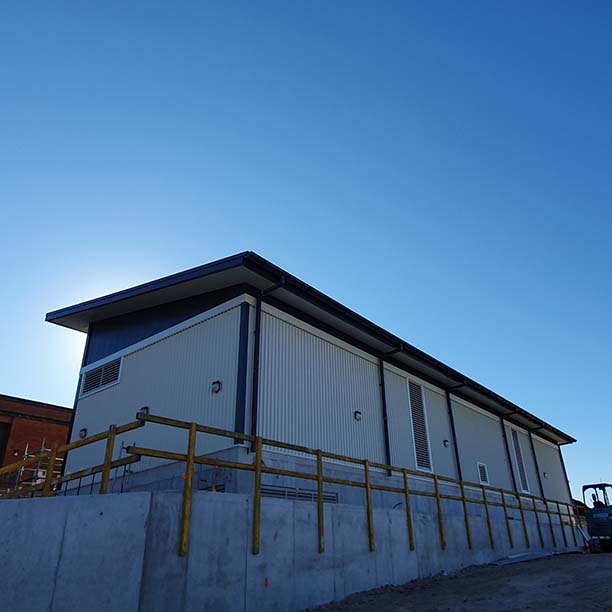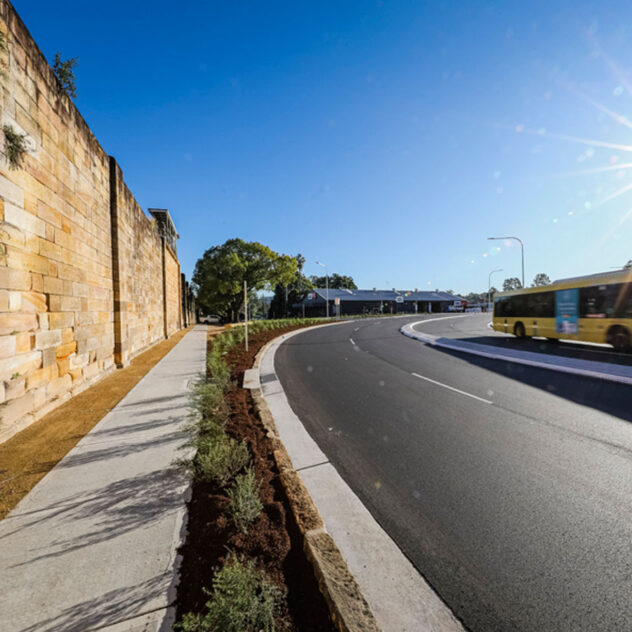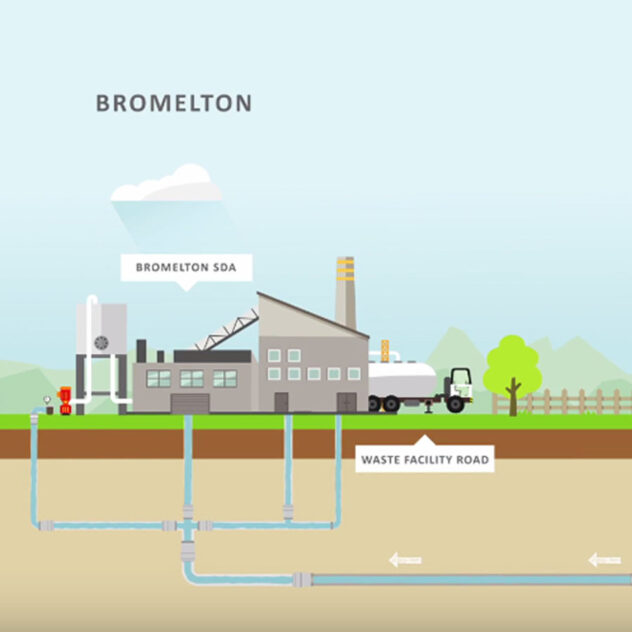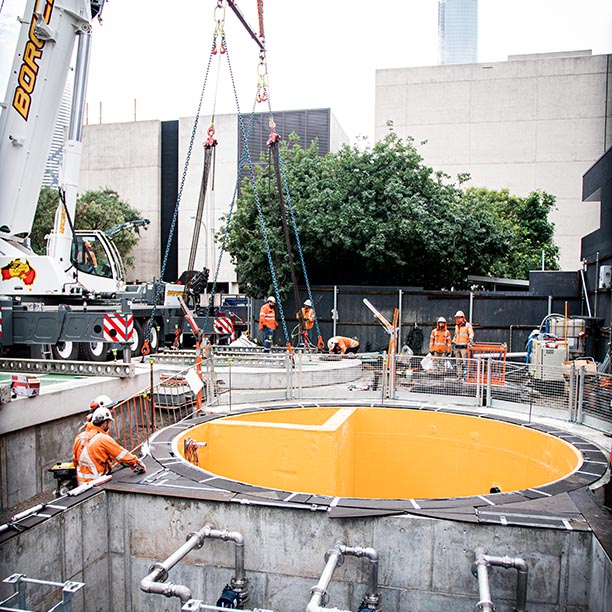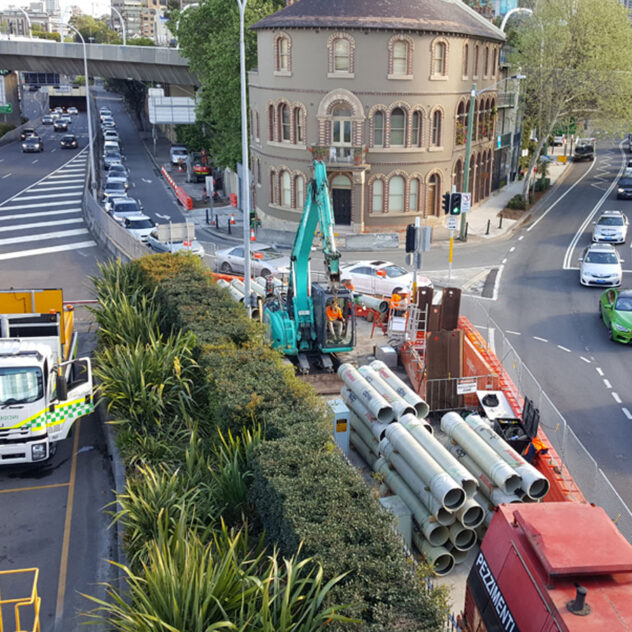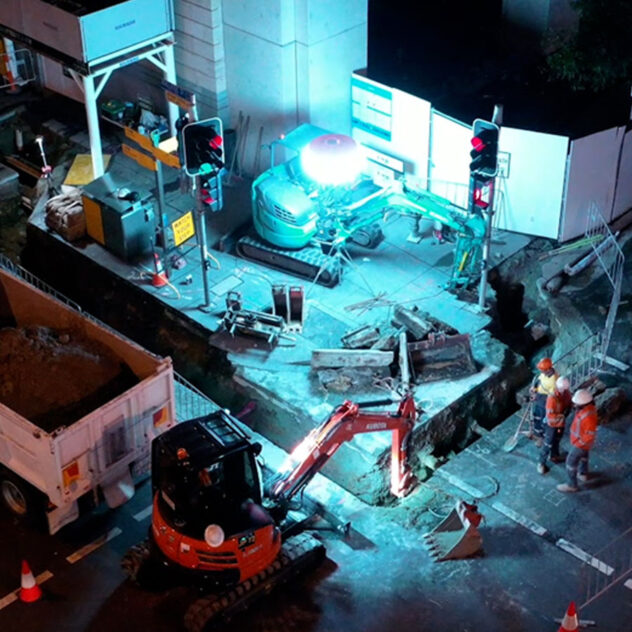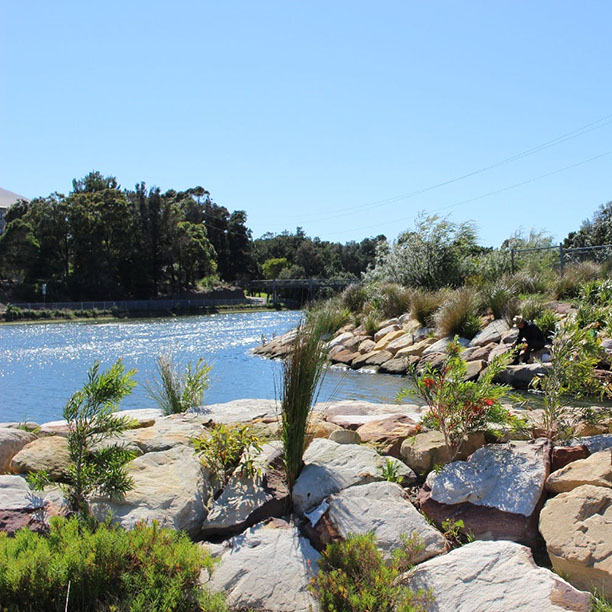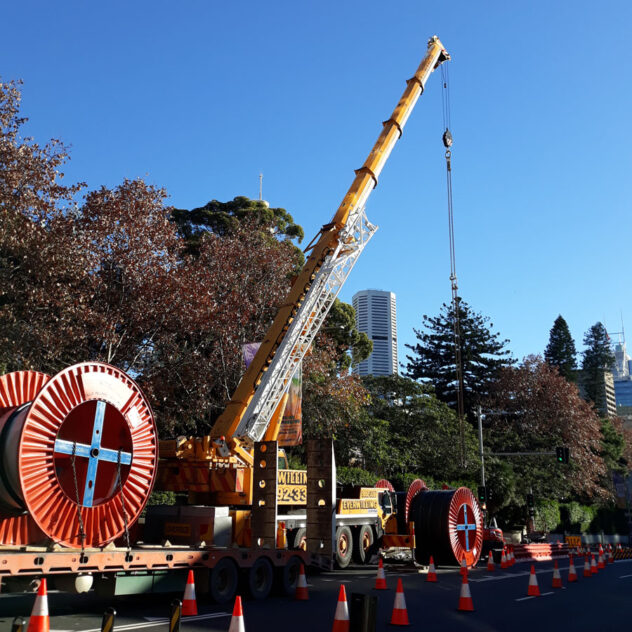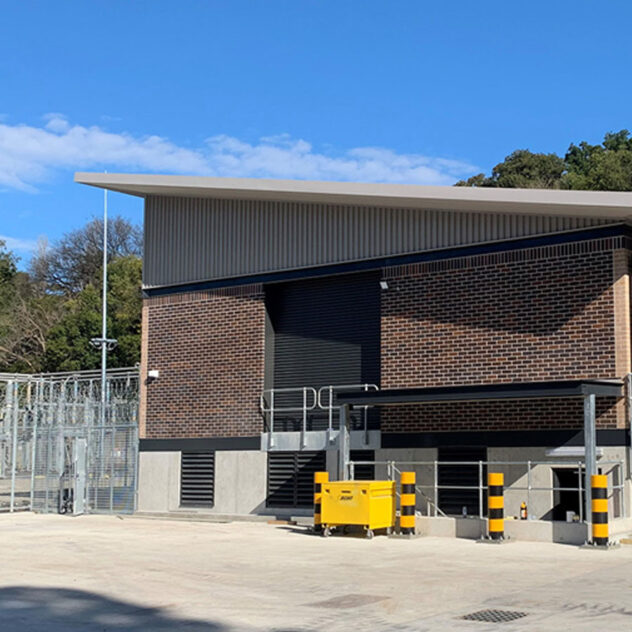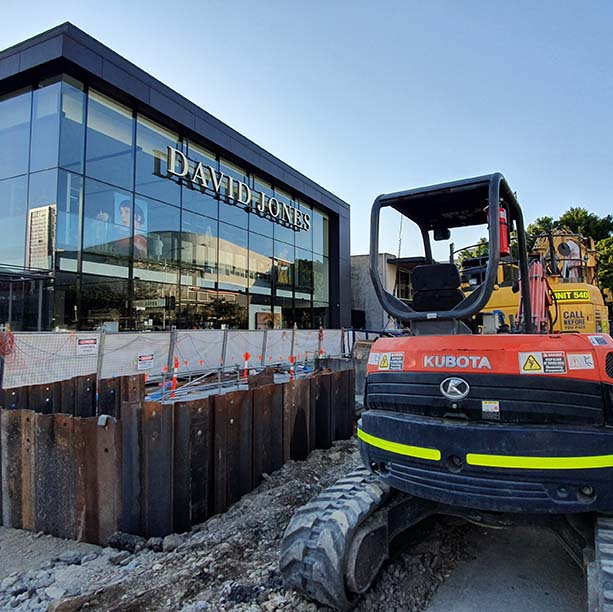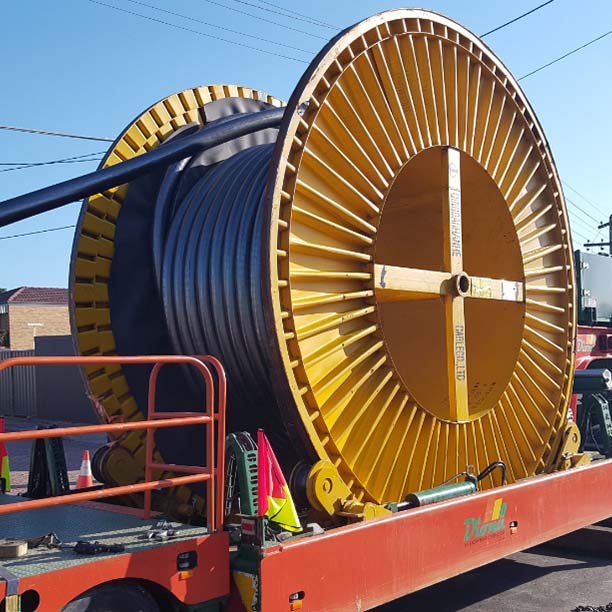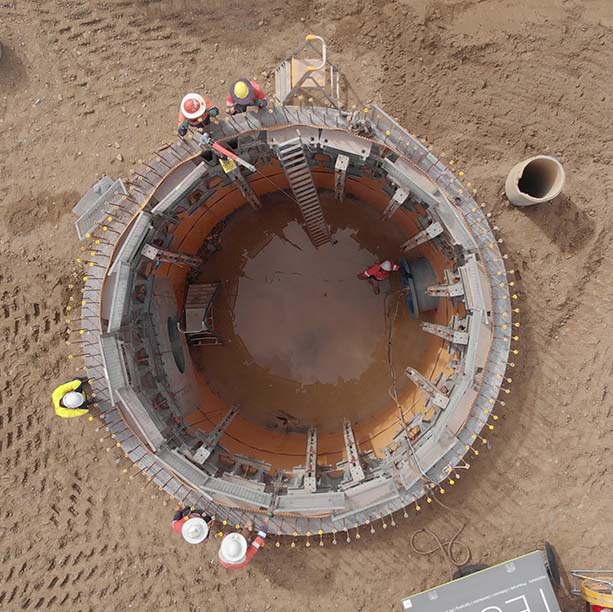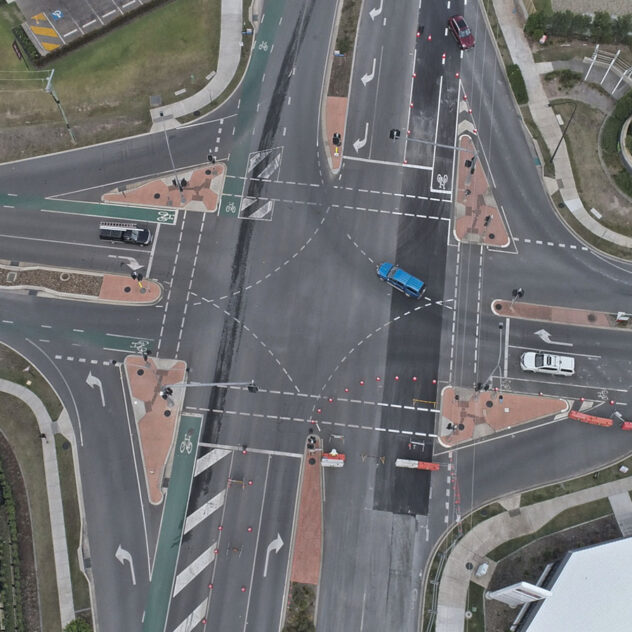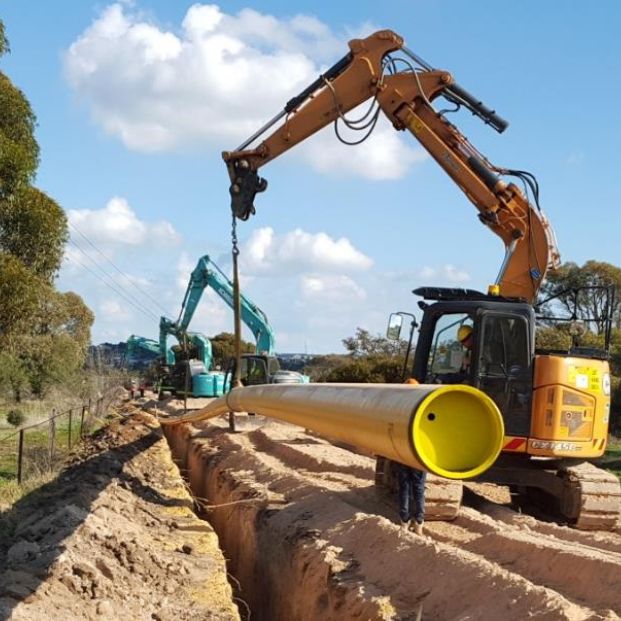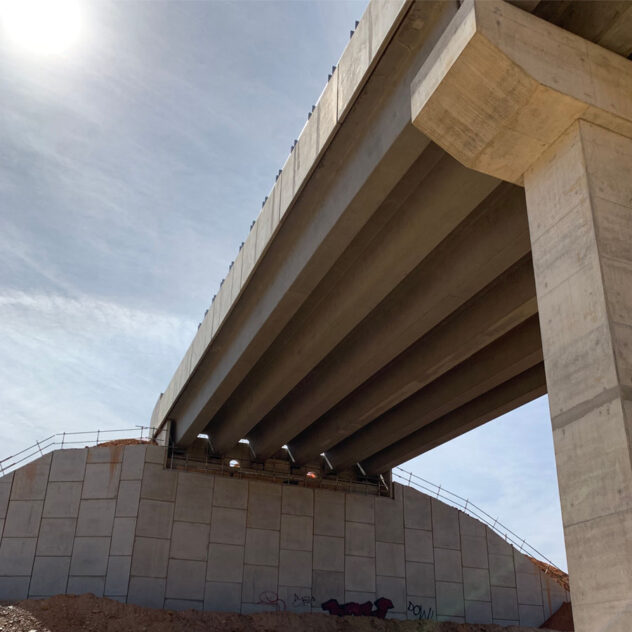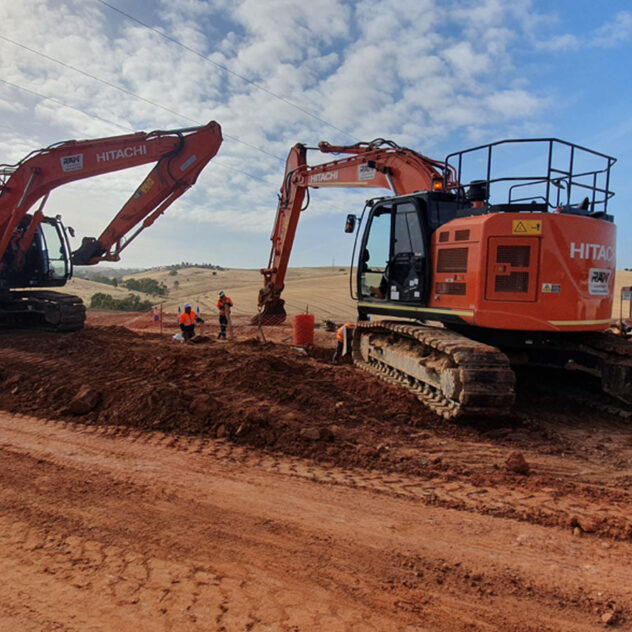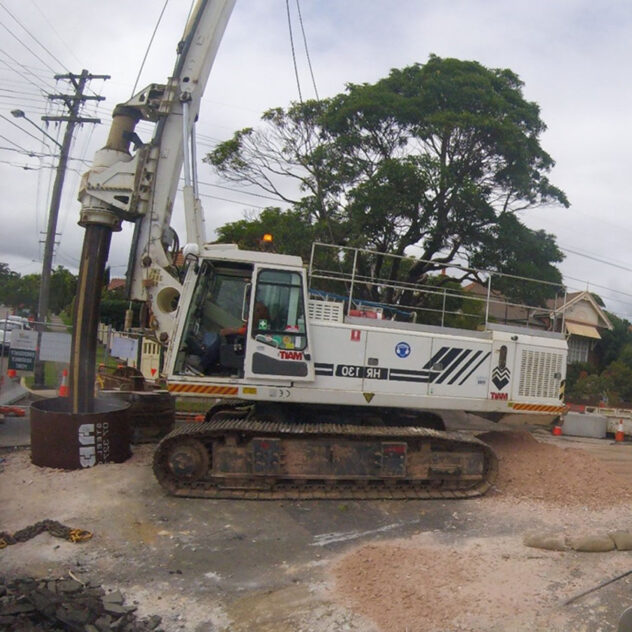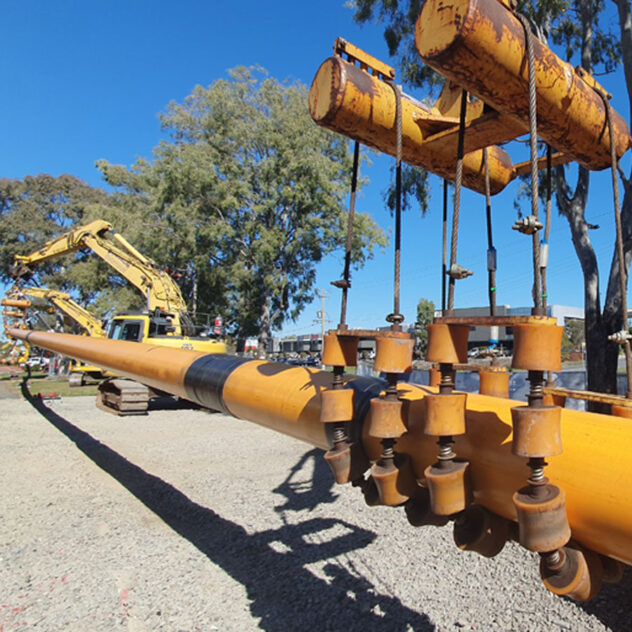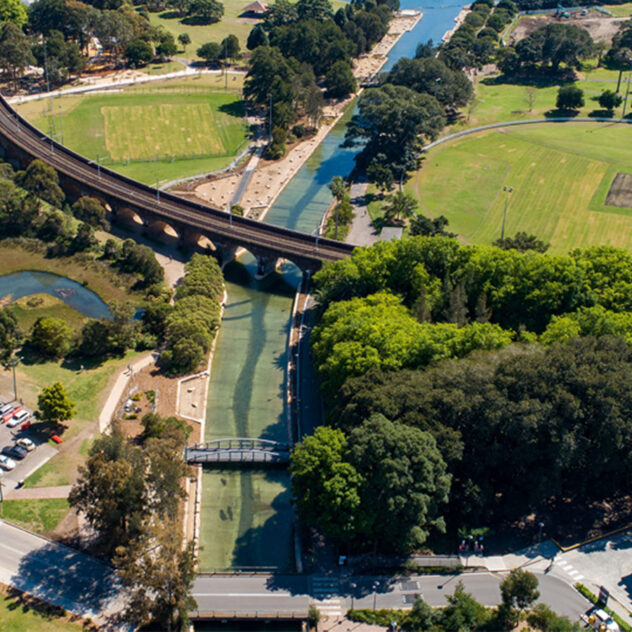Paving the Way for a Sustainable Energy Future
The Multinet Gas Networks mains replacement program is vital for enhancing network reliability and safety while future-proofing the infrastructure for long-term resilience.
Project Overview
Diona, in collaboration with Multinet Gas Networks, plays a vital role in the Gas Mains Replacement Program. This significant project is future-proofing the existing gas infrastructure by upgrading from low-pressure to high-pressure polyethylene mains. A key element of this program is the preparation of the infrastructure for future integration with renewable hydrogen, representing a substantial step towards a sustainable energy future. This transition is not only enhancing the network’s reliability and capacity but also supports the anticipated growth in consumer demand.
Project Need
The need for the Gas Mains Replacement Program arose from increasing consumer demands and evolving safety requirements. Transitioning from low-pressure gas mains to high-pressure polyethylene mains was essential not only to improve the network’s reliability and safety but also to future-proof the infrastructure. This upgrade is crucial for accommodating the anticipated increase in consumer demand and for paving the way for the integration of renewable energy sources, like hydrogen, taking a proactive step towards a more sustainable and resilient energy future.
Project Solution
Diona’s involvement in the Gas Mains Replacement Program focuses on replacing outdated cast iron and unprotected steel mains with high-pressure polyethylene pipes throughout Metro Melbourne. This rolling program, with packages of work released annually, requires Diona’s agile teams to adapt to the dynamic and fast-paced CBD environment, resulting in safe project delivery with minimal disruption to residents and businesses.
The complex working conditions, with heavy traffic, underground and overhead utility assets, and public transport networks, demand rigorous project management. Diona’s team expertly navigates these challenges by employing advanced methodologies and collaborative strategies, enabling efficient project progression while preserving existing infrastructure and minimising community impact.
Value Add | Benefit
Community Safety and Reliability
The replacement of older mains with polyethylene pipes significantly enhances safety and reliability for the community..
Future-Ready Infrastructure for Renewable Hydrogen
This upgrade is a critical step towards adopting renewable hydrogen, aligning with global sustainability goals for cleaner energy.
Community Engagement and Support
Demonstrating our commitment to community well-being, we encountered a situation where an elderly man in the project area faced difficulties with his gas supply due to the main upgrade. While homeowners usually handle such issues independently, we recognised the challenges posed by the man’s age and health. In agreement with the client, we decided to proactively upgrade his internal gas line. This task was completed in just 1.5 hours, promptly restoring the gentleman’s access to essential heating and cooking facilities during a cold winter’s day.
Educational Outreach
In a collaborative effort with Australian Gas Infrastructure Group (AGIG) and Multinet Gas Networks, Diona delivered a unique workshop for over 100 students at McKinnon Primary School as part of our ongoing mains replacement program in Ormond. This event, known as ‘Digger Day’, provided students with a hands-on learning experience about renewable energy and safety precautions around construction areas. The workshop allowed students to interact with the equipment used daily in the field, fostering a deeper understanding of sustainable infrastructure and community safety. The day’s activities, including engaging discussions and creative colouring sessions, were well-received by the students and teaching staff, showcasing Diona’s commitment to education and community engagement.
ESG Alignment
The Gas Mains Renewal Initiative supports the environmental pillar of ESG by upgrading the infrastructure to high-pressure polyethylene mains, which are more durable and less prone to leaks than outdated cast iron and unprotected steel mains. Additionally, by preparing the infrastructure for future integration with renewable hydrogen, the project aligns with global efforts to transition to cleaner, more sustainable energy sources, reducing reliance on fossil fuels and promoting long-term environmental sustainability.
The project improves community safety by upgrading to reliable polyethylene pipes, reducing gas leak risks. Diona’s community engagement, including supporting vulnerable residents and educating students on sustainability, strengthens social responsibility and community trust.
Diona’s effective project management and collaboration in complex urban environments ensure minimal disruption, cost efficiency, and adherence to high safety and quality standards, reinforcing stakeholder confidence and governance practices.
Through educational outreach programs like the workshop at McKinnon Primary School, the project promotes lifelong learning and raises awareness about renewable energy and safety, supporting informed and engaged communities.
By upgrading infrastructure for future integration with renewable hydrogen, the project supports the transition to cleaner energy sources, contributing to affordable, reliable, and sustainable energy access.
The initiative modernises critical infrastructure, enhancing the reliability and safety of gas networks. This promotes sustainable industrialisation and fosters innovation by preparing the infrastructure for emerging technologies like renewable hydrogen.
The project improves urban resilience by upgrading to safer, more reliable gas mains, reducing the risk of gas leaks and enhancing community safety. Diona’s community engagement efforts further support inclusive, safe, and sustainable urban development.
By reducing methane emissions and preparing for renewable hydrogen integration, the initiative directly addresses climate change mitigation, contributing to the reduction of greenhouse gas emissions.
Key Projects
- Aughtie Drive: involved the challenging task of replacing a 3.5km section of mains that weaves through multiple inner-city suburbs, major arterial roads, and even crosses the iconic Melbourne Grand Prix track.
- Clarke Street, Elwood: This segment included the insertion of 9.2km of 63mm HDPE into existing mains and the upgrade from low-pressure to high-pressure for approximately 1,000 services.
- M43 Eastern Network: The work involved inserting 5 kilometres of 63mm HDPE and 1.2 kilometres of 125P10 into existing mains, along with upgrading approximately 400 services from medium-pressure to high-pressure across various locations in the inner eastern suburbs of Burwood, Forest Hill, and Blackburn South.






